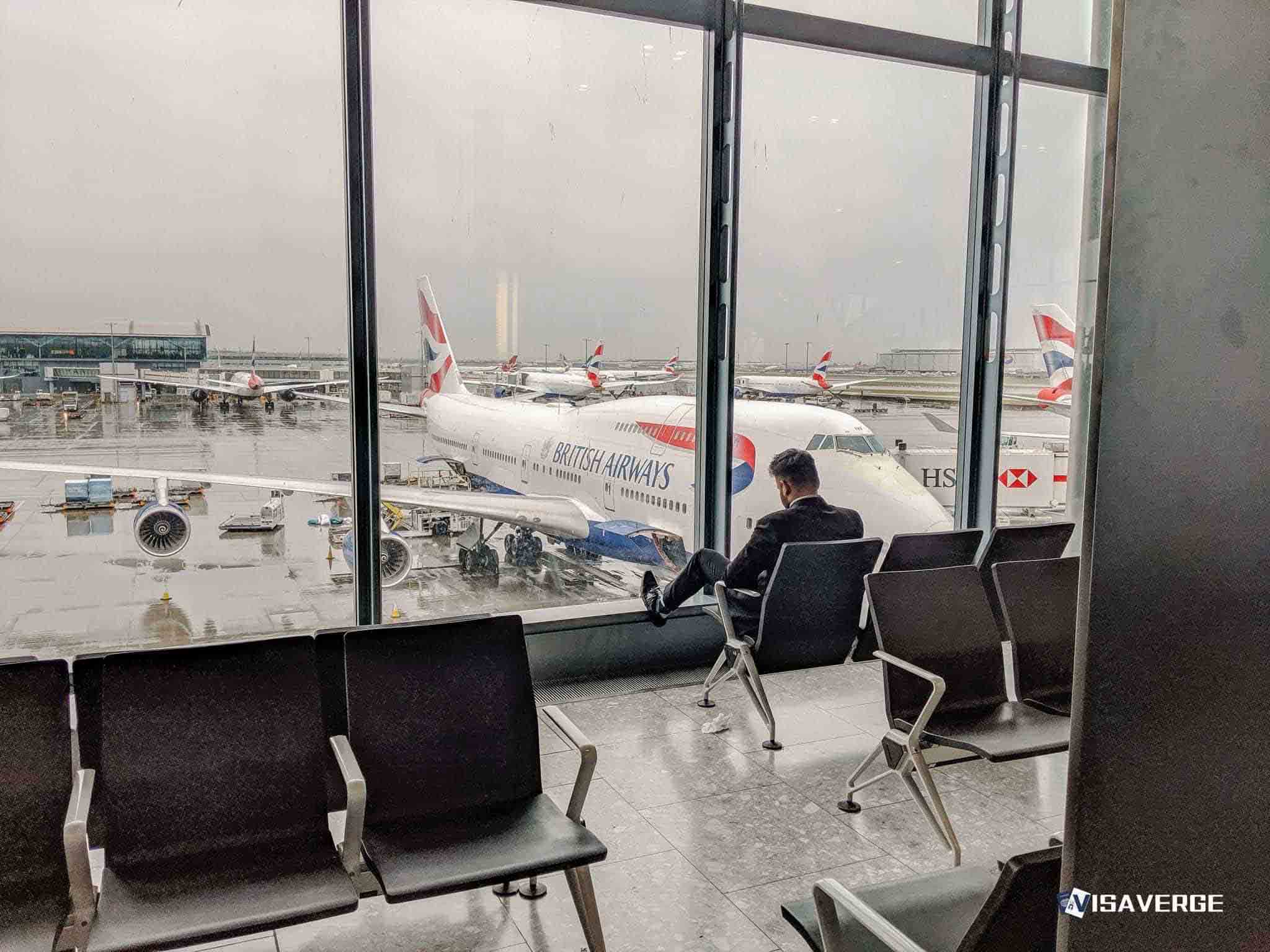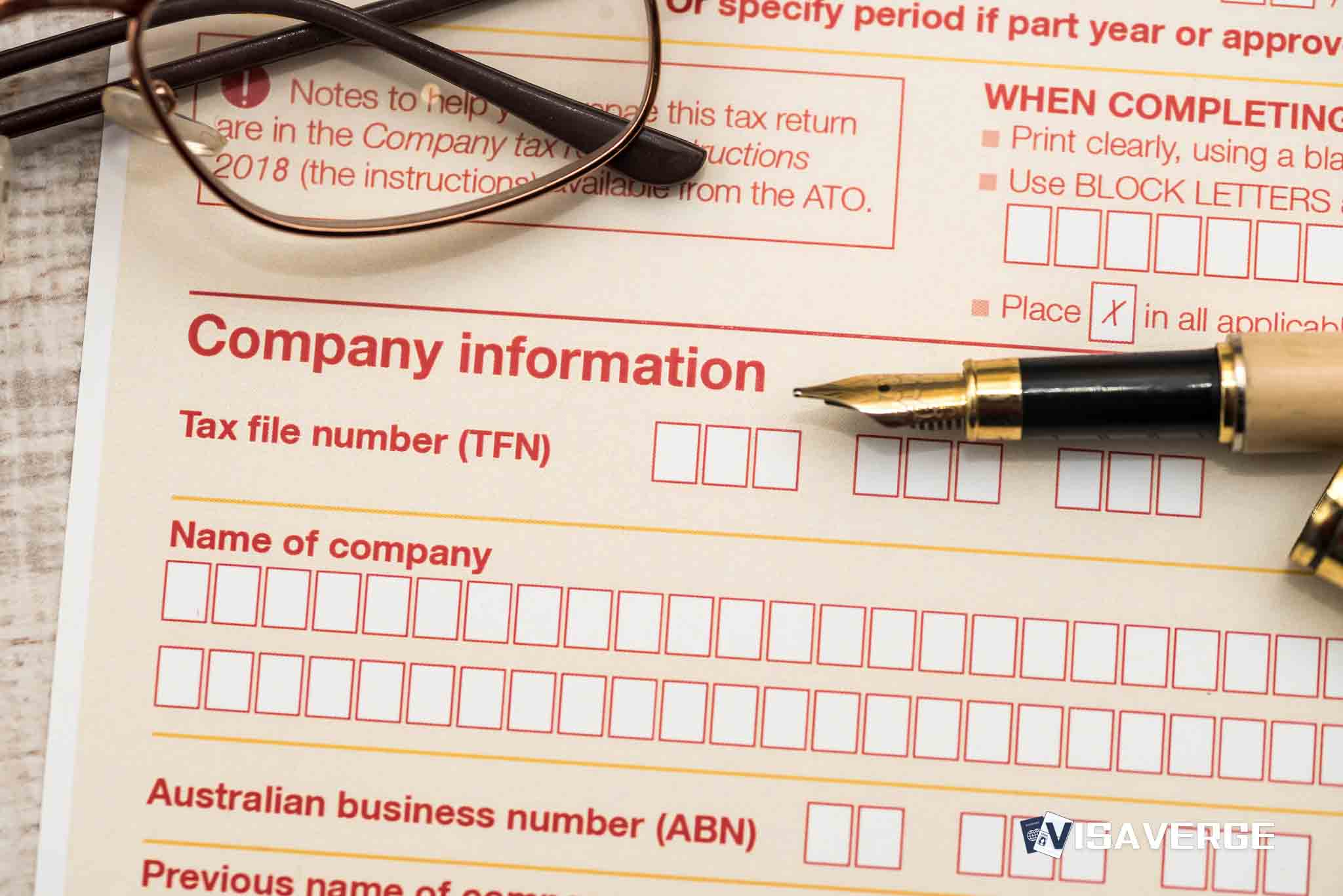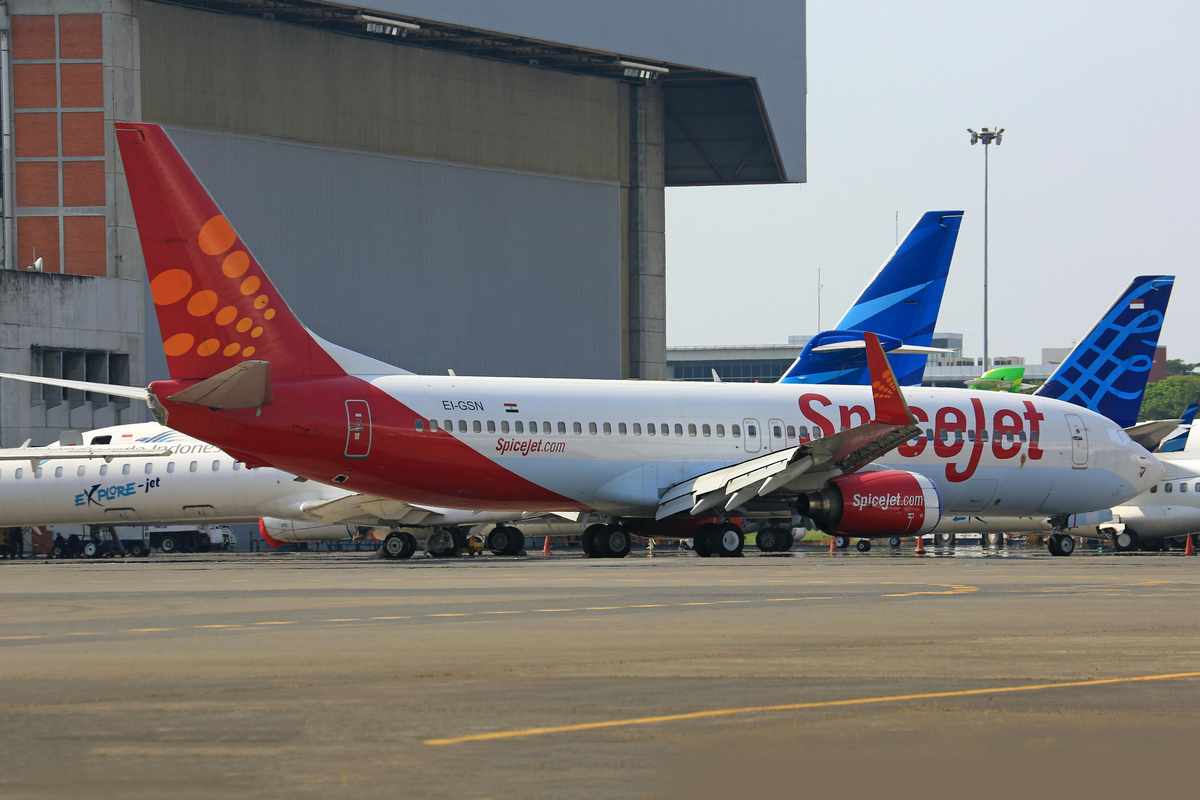(HONG KONG) Rumours that nearly a third of Hong Kong BN(O) holders in the United Kingdom are set to fail a new residency test are spreading alarm among recent arrivals, but there is still no official confirmation or published data to back a 30% failure rate. As of late November 2025, the UK government has not released figures suggesting that three in ten people on the BN(O) route will be refused indefinite leave to remain (ILR). What has changed is the tone of government policy, with a new consultation signalling tighter English language and income rules that could hit some families harder than others.
Current BN(O) settlement rules (baseline)

At present, the BN(O) route is one of the more flexible paths to settlement in the 🇬🇧 United Kingdom.
- BN(O) visa holders can usually apply for indefinite leave to remain (ILR) after five years of continuous residence, provided they meet character, residency, and language rules.
- The English language standard for settlement is currently B1 level on the Common European Framework of Reference for Languages — an intermediate level many people reach through everyday work and community life.
- There is no minimum income requirement built into the BN(O) settlement process at the moment, unlike several skilled worker routes that require salary thresholds.
- Official guidance on the BN(O) visa remains published on the UK government website at gov.uk.
What’s changing: consultation, proposed shifts and timelines
In November 2025, the UK Home Office launched a 12-week consultation on a wide overhaul of the immigration system, and the BN(O) route is part of that debate.
Key proposals under discussion:
– Raise the English requirement from B1 to B2 (upper‑intermediate — closer to A‑level standard or formal training).
– Introduce an income threshold for settlement, potentially aligned with a proposed £29,000 minimum salary used in other skilled categories.
Ministers stress that no decisions have been made and these are proposals under consultation. Nevertheless, the shift in tone has already worried many families who moved from Hong Kong in mid‑career.
Comparison: current rules vs. proposed changes
| Feature | Current (BN(O)) | Proposed (under consultation) |
|---|---|---|
| English requirement | B1 | B2 (proposed) |
| Income requirement | No minimum income requirement | Possibly £29,000 or other threshold |
| Time to ILR | 5 years (continuous residence) | Likely unchanged for timing, but eligibility may be restricted by new tests |
| Application form | Standard ILR process, form SET(O) | Still via ILR process — documentation requirements could increase |
Who could be affected and why
The Home Office argues that BN(O) holders are generally well placed to meet tougher benchmarks.
- Officials say the “vast majority” of Hong Kong applicants are believed to function at or above B2 in English, particularly younger arrivals and professionals.
- However, lawyers, education advisers and community workers describe a more uneven picture:
- Mid‑career and older applicants may struggle if the requirement jumps from B1 to B2.
- People working long hours in low‑paid roles may have little time or money for formal classes.
- While there are no official statistics supporting a 30% failure rate, independent estimates and advocacy groups suggest a significant minority could need extra support; some warn that up to three in ten mid‑career and older BN(O) applicants might fall short without targeted help.
Income as a second “filter”
Income is a major concern for many BN(O) households.
- Because there is currently no salary floor, many arrivals accept entry‑level or part‑time work while they rebuild their careers in the UK.
- Community organisations report BN(O) holders employed in hospitality, retail, care homes and gig‑economy roles — often well below the proposed £29,000 benchmark.
- If a salary threshold is added on top of a higher language bar, campaigners fear a “double filter” that could block settlement for people who are working, paying tax, but stuck in lower‑wage sectors.
- Analysis by VisaVerge.com suggests that combining B2 English plus a salary threshold would move the BN(O) route closer to traditional work visas and away from its original humanitarian and historical purpose.
Possible exemptions, transitional arrangements and government hints
The consultation leaves important questions open and ministers have raised the possibility of mitigations.
Potential options under consideration:
– Exemptions or softer conditions for certain groups, with BN(O) holders explicitly mentioned.
– Keeping B1 for BN(O) applicants while raising it elsewhere.
– Lowering any salary threshold specifically for BN(O) applicants.
– Introducing long transition periods so people already settled in the UK are not caught by surprise.
The government has not committed to any of these measures. That lack of firm detail fuels concern in Hong Kong online forums, where some users treat the 30% figure as fact rather than a rough estimate.
Human and community impact
The uncertainty is already visible on the ground.
- Language schools and advice centres in British cities with large Hong Kong communities report increased demand.
- Tutors say BN(O) clients are asking whether they need to move from B1 to B2, despite no new rule having been enacted.
- Immigration lawyers are fielding calls from people in their late 40s and 50s worried they may never reach B2, especially if they did not use English much in previous careers.
- Families balancing childcare, shift work and rising housing costs worry about affording exam fees and intensive courses if the path to ILR becomes more demanding.
Support and current services
Officially, the UK government continues to promote support programmes for Hong Kong arrivals.
- The Welcome Programme for Hong Kong BN(O) status holders funds local councils and charities for English classes, job advice and community projects.
- Home Office guidance points BN(O) migrants towards employment support and language training, though many report that spaces are limited or unsuitable for irregular working hours.
- If the consultation leads to stricter rules, the strength and reach of these services will become even more important for people aiming for ILR.
Technical process and documentation
Any future BN(O) settlement application would still use the standard ILR process and related forms.
- Applicants currently use form SET(O) for settlement; the form is available at form SET(O).
- Applicants must pass an approved English test at B1 and meet the Life in the UK requirement.
- Under proposals, the English test requirement would be raised to B2, and proof of income could be added to the documents required before ILR is granted.
- These changes would also affect eligibility for British citizenship, since naturalisation typically requires holding ILR first.
Key takeaway: Until the Home Office publishes final decisions after the 12‑week consultation, the only firm facts are the current rules, the proposed shift from B1 to B2, and the possible addition of an income threshold. Everything else — including any exact percentage of future failures — remains speculation.
Practical advice for BN(O) holders
Community leaders and advisers urge calm and proactive steps:
- Follow the consultation and official Home Office publications for updates.
- Keep records of work, residence and tax payments to demonstrate continuous residence and good character.
- Make use of free or low‑cost English support where available; prioritise practical workplace English if full exam preparation is not currently feasible.
- Consider targeted support for those most at risk — mid‑career and older applicants — such as flexible classes or employer‑supported training.
Until final decisions are published, the status quo remains: B1, no salary floor, and eligibility for ILR after five years for those who meet existing requirements. The consultation could change that picture, and the outcomes will determine whether the BN(O) route remains broadly as originally designed or shifts toward stricter, work‑linked criteria.
The Home Office’s 12‑week consultation proposes raising the BN(O) English requirement from B1 to B2 and possibly introducing a £29,000 income threshold for ILR. No final decisions or official data support claims that 30% would fail; ministers suggest possible exemptions and long transitions. The changes could disproportionately affect mid‑career, older applicants and lower‑paid workers in hospitality, retail and care. BN(O) holders should monitor official updates, keep records, and seek language and employment support.








